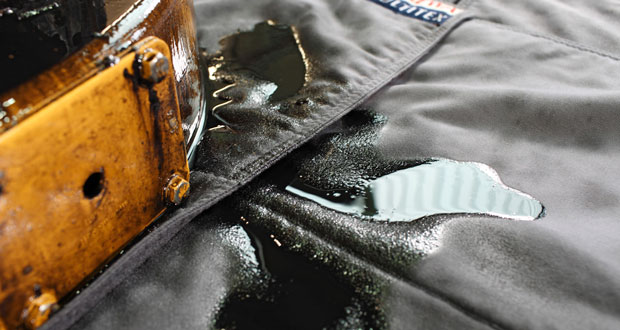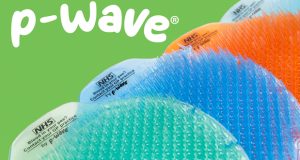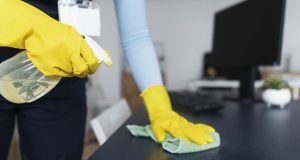The HSE reports 38.8 million workdays lost due to work related illness and workplace injury. With increased focus on safety and environmental performance even small changes can yield big health and safety benefits.
Though manufacturing plants and industrial facilities are progressively becoming safer, cleaner and quieter, there are still opportunities to further reduce the risk of accidents and improve safety. Every year there are thousands of accidents and cases of ill health reported; with around one sixth of accidents arising from slips, trips or falls. Another significant source of ill health in industrial and manufacturing settings can arise from exposure to hazardous materials such as metalworking fluids, oils, solvents and degreasers, as well as additives and contaminants such as metal fines.
Common occupational diseases associated with hazardous materials include dermatitis and asthma, with around 200 cases of contact dermatitis reported to the European Prevention Initiative for Dermatological Malignancies every year as a result of exposure to cutting oils and coolants, for instance. Slips and trips sound relatively innocuous but can result in serious injuries like dislocations and broken bones and can mean long absences for employees affected.
Employers are typically required to ensure, as far as is reasonably practicable, the health and safety of all employees mandated by the Health and Safety at Work Act. Measures required under the act include taking steps to control slip and trip risks as well as exposure to hazardous materials such as metalworking cutting fluids.
Spills
HSE recommends cleaning up spills promptly to minimise the risk of exposure to hazardous chemicals like metal working fluids and reduce the risk of slips and trips. HSE recommendations also include keeping absorbent materials to hand where there is a risk of a spillage, but this can potentially generate additional challenges. Engineering companies typically use blue paper roll to absorb and mop up spilled material or clean parts. However, any blue roll or rags which are used for this application then potentially become classed as hazardous waste which requires suitable management and disposal. Businesses producing hazardous waste in the UK have a specific ‘duty of care’ concerning waste and must classify, separate and store any waste safely. In addition, business owners must ensure they use authorised organisations for any subsequent collection and disposal.
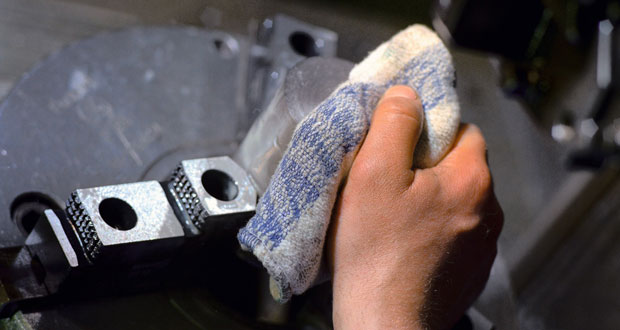
The reusable solution to spills
With companies facing increased pressure to attain high standards of health and safety practice as well as improved environmental performance an alternative strategy to disposable paper towels has emerged.
Today, full-service contract third-party suppliers are delivering high quality reusable absorbent wipes and mats to customers. Once used, the mats and towels are collected, washed and redistributed for reuse. Able to rapidly soak up large volumes of liquids, these mats and wipes offer a number of key advantages over disposable materials. German textile service specialist company MEWA, for example, has its Multitex hazardous fluid trapping mat. The design of the high-quality cotton product sees fluids rapidly transported to the inner fabric, leaving the outside relatively dry, even after absorbing up to three litres of fluid. The mats are designed for use in sensitive areas such as around machinery and equipment, reducing the need for sand or absorbent granules that might otherwise be employed. Any used mats are exchanged for new ones and are washed in an environmentally-friendly way which recovers any oils and heat from the process.
Similarly, MEWA’s SaCon safety container is specially designed to offer maximum safety. Any used MEWA cloths, wipes and mats are simply thrown into the SaCon. Once full, the rollable container is picked up by MEWA at a convenient time and replaced with a clean container and all the towels or mats required.
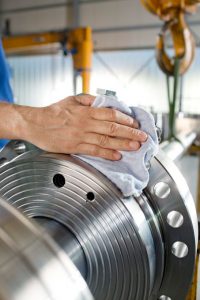 Reusable mats, cloths and wipes are a cost-effective solution even for small businesses and with fresh absorbent cleaning cloths always available and to hand, spills may be rapidly addressed to reduce the risks of exposure to chemicals and slipping causing injury. With the right supplier the reusable system can also remove the significant burden of hazardous waste disposal while benefitting the environment by reusing primary materials and recovering energy during the washing process.
Reusable mats, cloths and wipes are a cost-effective solution even for small businesses and with fresh absorbent cleaning cloths always available and to hand, spills may be rapidly addressed to reduce the risks of exposure to chemicals and slipping causing injury. With the right supplier the reusable system can also remove the significant burden of hazardous waste disposal while benefitting the environment by reusing primary materials and recovering energy during the washing process.
With companies under pressure to improve health and safety and environmental performance, even small changes to a typical maintenance regime in production and engineering facilities can yield considerable benefits. Reusable mats and wipes can help to ensure workers in the heavy manufacturing industry are protected with a cost-effective and environmentally sustainable solution to spills.

